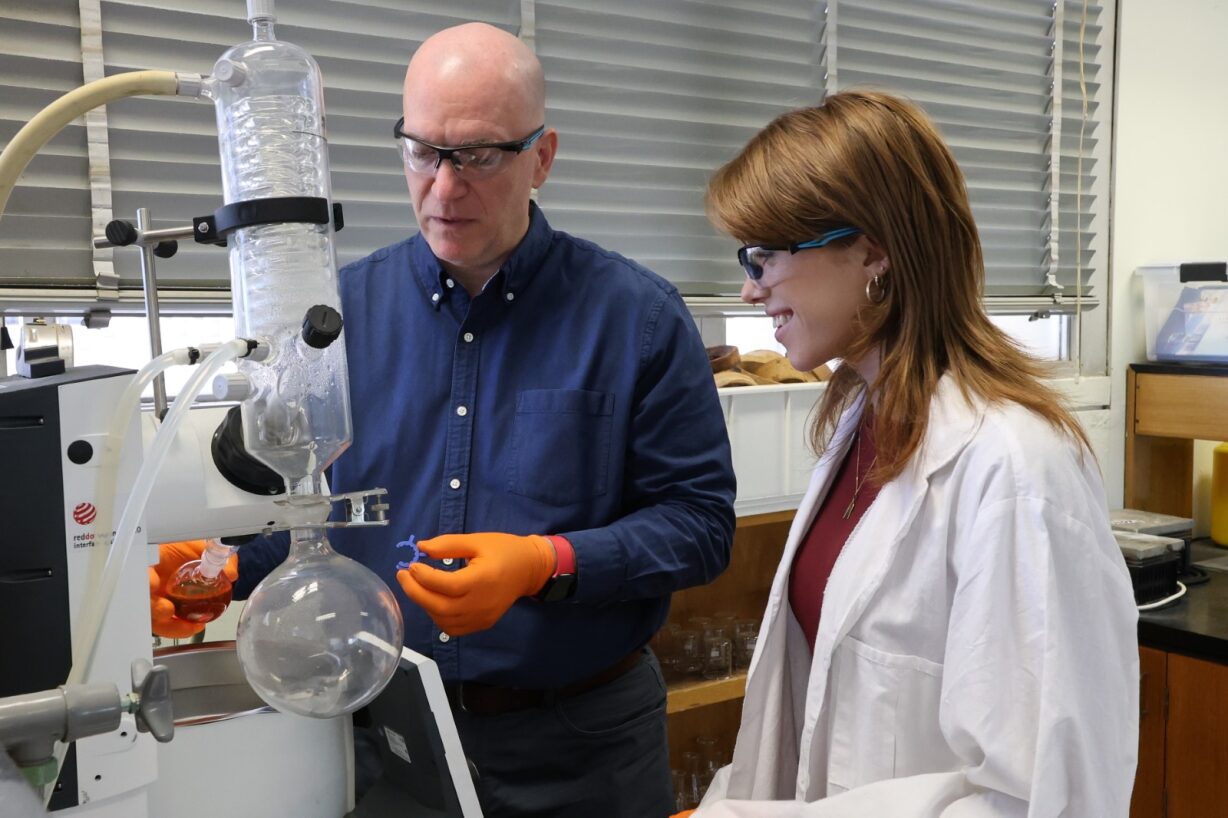
International Day of Women and Girls in Science today is an opportunity to examine the disparities and tackle the barriers facing women in science, technology, engineering and mathematics (STEM).
While gender gaps in engineering, computer science and technology are closing, more can be done to encourage females to pursue potential jobs in these fast-growing and often lucrative career pathways, Flinders University experts say.
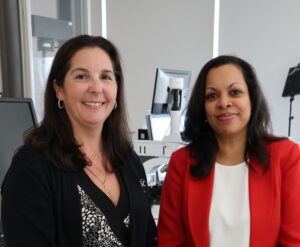
Flinders University Professor Giselle Rampersad, Dean of Education at the College of Science and Engineering, says female graduates will play a vital role in future workforce building – not least in mainstream engineering areas such as mechanical engineering and electrical and electronic engineering.
“Australia is reported to be short of 50,000 engineers and one defence prime says it needs to grow its engineering workforce from 400 to 1400 engineers in three years,” says Professor Rampersad.
“Collective effort is critical to increase the engineering pipeline to meet the needs of so many industries, including construction, energy and manufacturing.
“We need to address the perception that engineering and some other STEM careers are more suited to males and not as accessible or achievable for females from all walks of life.”
Science enrolments at Flinders University, for example, have risen consistently to about 38% female this year.
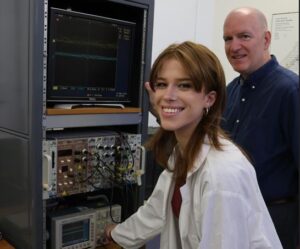
First-year electrical and electronic engineering student Madeline Macalister has also started a major in nuclear engineering – a first for a South Australian university in partnership with the US University of Rhode Island and University of Manchester, UK.
“I am the first person in my family to go to university and chose a science pathway after being inspired by the challenge of STEM and some fantastic female science teachers and other role models in high school,” says the 20-year-old, who works weekends in hospitality.
“I was in advanced science and math streams at Adelaide High School and have enjoyed the challenges at university so far.”
A possible internship at the University of Rhode Island nuclear research centre may next year take Madeline, 20, of Klemzig, on her first overseas trip.
“I work hard to achieve my goals and wish to encourage other young women to pursue male dominated science-based disciplines in their study or degrees.”
Professor Ingo Koper, Associate Dean (Learning and Teaching) at the College of Science and Engineering, is working on launching the new course with the overseas universities.
“The countdown to build the first SSN-AUKUS submarines in Adelaide is starting, with hundreds of new job and training opportunities in the pipeline,” says Professor of Chemistry and Nanotechnology Koper.
“A range of courses at Flinders University gives Australian graduates the opportunity to obtain a globally-recognised defence industry certification, job placements, research opportunities and pathways to deepen study and research qualifications.”
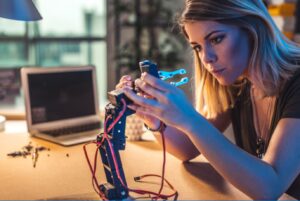
Since forging strategic alliances with key US and UK universities last year, Flinders University has been granted additional Australian Government funding for hundreds of students to hop on board the jobs-of-the-future skills training and research pipeline at Flinders University.
“As well as the nuclear engineering major, Flinders also offers a number of micro-credentials for people from a range of industries looking to upskill,” adds Professor Rampersad, who is based at the University’s campus at the Tonsley Innovation District.
Already, Flinders University’s award-winning Diploma of Digital Technologies has given hundreds of advanced manufacturing, defence, secondary science and tech teachers, and other industry professionals skills required for future workplaces.
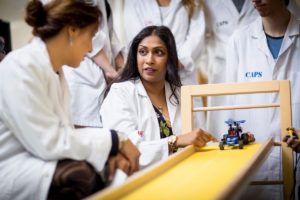
In nuclear engineering, University of Rhode Island Professor Cameron Goodwin recently delivered the first lectures on the nuclear fuel cycle last month. The next intensive module in July will focus on nuclear reactor engineering. Other components of the program will include nuclear reactor design and safety, as well as naval power and propulsion.
Ahead of International Women’s Day, the first of a series of 2024 STEM Enrichment Academy workshop for Year 9 high school girls from SA and NT will be held at Flinders University on 15 February. The regular workshops aim to raise awareness of career options and stimulate interest and passion for STEM.
Founder of the Flinders Enrichment Academy, Professor Maria Parappilly, says role models play a pivotal part in keeping girls engaged in STEM education – along with regular updates of positive career pathways.
“In our survey of Year 9 students in the Academy program, 73% of respondents said they have no role models in a science career and about 50% of them said they do not know anyone in their family pursuing a science career,” says Professor Parappilly.
“To inspire girls, who usually do not see anyone in their family engaging in a STEM career, role-model intervention can play an important role.”
“We need to promote a cultural shift to encourage more girls towards STEM-based studies and organisations.”

